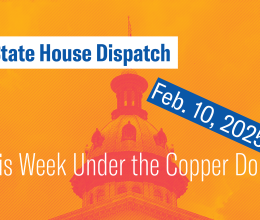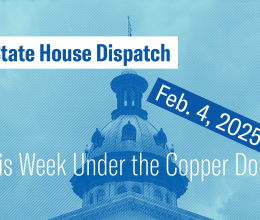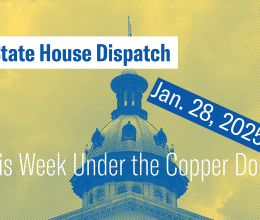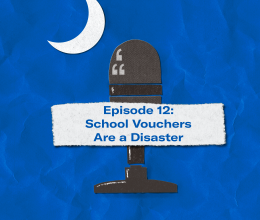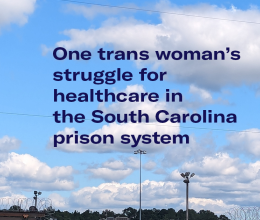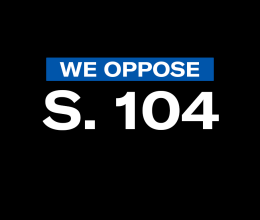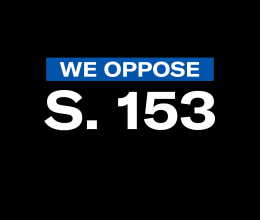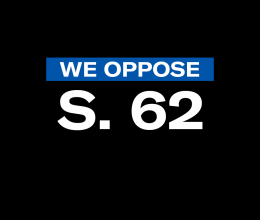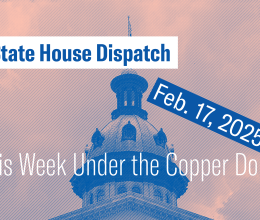
Last week we celebrated two important developments for Title IX, the landmark civil rights law protecting students against sex-based discrimination in federally funded schools.
First, on Tuesday, the U.S. Court of Appeals for the Fourth Circuit (whose jurisdiction includes South Carolina) ruled that West Virginia’s “Save Women’s Sports Act” — a law designed to exclude transgender girls from participating on girls’ sports teams — violates Title IX.
Then, on Thursday, the U.S. Department of Education issued updated Title IX regulations which make clear that the law promises all students — including LGBTQ+ students, survivors of sexual harassment, and pregnant and parenting students — full and equal access to educational opportunities. Both instances help clarify that Title IX’s protections against school-based gender discrimination apply with equal force to discrimination against transgender students.
Predictably, South Carolina Education Superintendent Ellen Weaver used the news of the new Title IX regulations as an opportunity to demean transgender South Carolinians and insert her personal ideology into public policy. In a letter encouraging school districts to ignore federal law and not implement the Title IX updates, she attempted to deny the existence and rights of trans students.
"Once again, Superintendent Weaver puts her political perspectives ahead of the kids she is supposed to serve,” said ACLU of South Carolina Executive Director Jace Woodrum. “In addition to encouraging districts to ignore federal regulations — and putting our underfunded schools at risk of losing critically needed dollars — her letter suggests transgender kids don't exist and shouldn't be protected from discrimination. This rhetoric is yet another example of her callous approach to serving our students."
At the ACLU-SC, we want to be clear: The rights of transgender and cisgender people are not a zero-sum game. Trans, nonbinary, and gender-nonconforming people belong in South Carolina, and they deserve to be protected from discrimination, not vilified by politicians.
Unfortunately, our political leaders are often leading the the way in cruelty. Right now in South Carolina, Superintendent Weaver’s Department of Education is pushing for an overly broad book banning policy (Regulation R. 43-170) that would empower anti-LGBTQ+ groups to purge books from our schools. At the same time, state lawmakers are considering a classroom censorship bill (H. 3728) that would restrict the ability of teachers to discuss gender inequality in a classroom setting.
“At a critical time, when trans youth are being used by politicians as a punching bag, the final rule issues an important reminder that schools cannot discriminate based on gender identity, transgender status, or sexual orientation,” said ACLU Deputy Legal Director Louise Melling in a nationwide press release about the updates to Title IX on April 19.
Title IX now requires schools to investigate instances of student-on-student harassment and assaults, and it holds schools accountable when they fail to take prompt action to end discrimination. It also restores some protections that the Trump administration stripped away in 2020, including the “severe or pervasive” standard for sex-based harassment.
At the national level, the ACLU has expressed its opposition to certain parts of the new Title IX rule regarding due process in university investigations. For more information, see the April 19 press release, “ACLU Comment on U.S. Department of Education’s Final Title IX Rule.”

